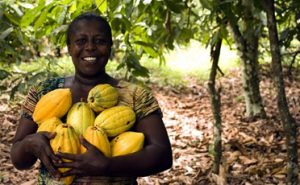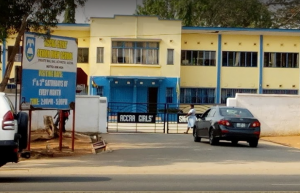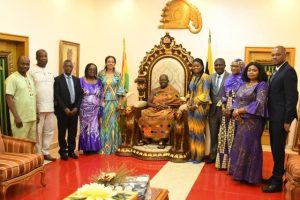In mid-May, officers from West Midlands Police responded to a tip-off of an illegal drugs operation at the Great Bridge Industrial Estate in Sandwell.
They expected to find a cannabis farm. Instead, they stumbled across a Bitcoin mining operation stealing stealing thousands of pounds of electricity from the mains supply.
‘We heard how lots of people were visiting the unit at different times of day, lots of wiring and ventilation ducts were visible, and a police drone picked up a considerable heat source from above,’ West Midlands Police said in a press release.
‘They are all classic cannabis factory signs – but when officers gained entry they found a huge bank of around 100 computer units as part of what’s understood to be a Bitcoin mining operation.’
Sgt Jennifer Griffin explained this is only the second such crypto mine that has been found in the West Midlands.
The computer equipment has been seized, but no arrests have yet been made.
‘My understanding is that mining for cryptocurrency is not itself illegal but clearly abstracting electricity from the mains supply to power it is,’ Sgt Griffin said.
‘We’ve seized the equipment and will be looking into permanently seizing it under the Proceeds of Crime Act. No-one was at the unit at the time of the warrant and no arrests have been made – but we’ll be making enquiries with the unit’s owner.’
What is Bitcoin mining?
You’ve heard of Bitcoin, the famous digital currency, but not everyone is aware of how it’s created.
Bitcoin can be traded like any other commodity, but to create new ones they have to be ‘mined’.
Only 21 million Bitcoins can ever be mined in order to protect the value of the system, effectively creating artificial scarcity.
Mining uses computer software and a mathematical formula designed by the Bitcoin founder Satoshi Nakamoto.
Essentially, you take your computer and download a program that uses your computer’s horsepower to solve certain data processes, then based on how much data you process you, in turn, get paid for doing that work in Bitcoin.
Once a miner has mined Bitcoin they can then sell the Bitcoin for cash.
Bitcoins are created by a community of people that anyone can join. Each machine that mines Bitcoins makes up part of the network and each machine works together.
Bitcoin is a peer-to-peer network meaning everyone who uses Bitcoin makes up a small part of the overall bank of Bitcoin. Bitcoins are created when ‘miners’ solve the particular equation and they are then rewarded with bitcoins.
The speed at which miners solve data processes is quicker now, due to better processing hardware in computers. You can actually get computer processors with chips that are specifically designed for Bitcoin mining.
As more miners join the network, it becomes more difficult for an individual to solve the equations and so ‘pools’ of miners pop-up where the workload is shared and the Bitcoins are distributed according to who did what.
This is why these so-called Bitcoin farms have sprung up. And, naturally, this takes a huge amount of electricity and creates a pretty staggering environmental impact.
A 2019 study by researchers at the Technical University of Munich and the Massachusetts Institute of Technology concluded that, in late 2018, the entire Bitcoin network was responsible for up to 22.9 million tons of CO2 per year – similar to a large Western city or an entire developing country like Sri Lanka.







